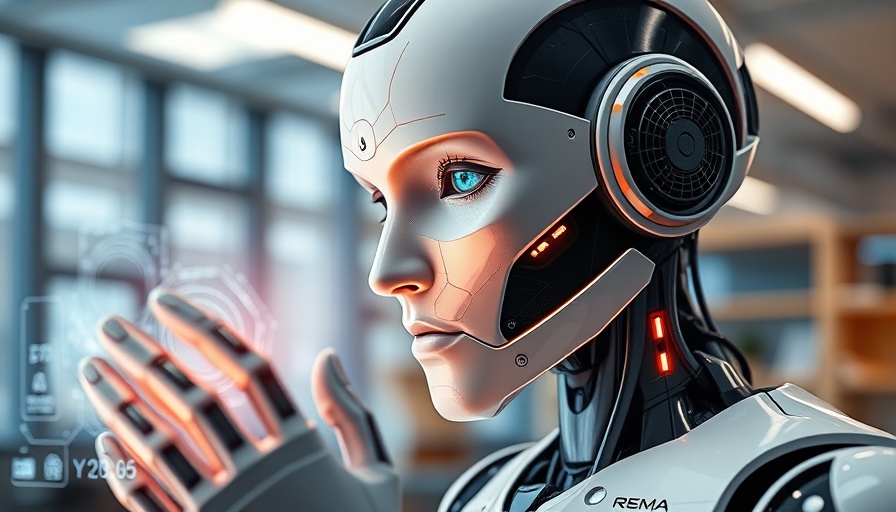
Reimagining Industrial Robotics with AI
The landscape of modern manufacturing is evolving. Picture a bustling floor where robots, equipped with cutting-edge AI, efficiently collaborate with human workers, seamlessly transitioning from assembling delicate electronic components to managing complex machinery. They've undergone rigorous training in what can be described as a "virtual school," an integral part of the industrial metaverse. This immersive learning environment enables robots to acquire critical skills in a fraction of the time previously required—turning months of learning into mere hours.
The Shift Towards Adaptive Learning
Traditionally, robot training bore resemblance to conventional schooling—stagnant and repetitive. Yet with the emergence of the industrial metaverse, the paradigm is changing. Robots can now navigate immersive virtual classrooms designed to mimic real-world conditions. These environments provide an expansive ground for learning through practice, problem-solving, and experience. The synergy between digital twins and AI allows for real-time data integration, revolutionizing how machines learn and function in manufacturing settings.
Benefits of Virtual Training Environments
This new methodology, known as simulation to reality (Sim2Real), effectively links virtual experiences with real-world performance, significantly reducing training time and accelerating operational readiness. Major companies, like the Italian automation provider EPF, have experienced transformative results, adopting strategies that focus on modular, adaptable robot components. These changes enable organizations to respond quickly and effectively across various sectors, enhancing productivity and flexibility.
Learning by Experience
The challenge of training robots is compounded by the necessity of immense data collection—often requiring extensive human oversight. Robots must learn tasks in context, responding to varied real-world scenarios. However, AI advancement is minimizing this overhead, allowing robots to develop adaptive learning abilities without exhaustive human intervention. This has significant implications for industries reliant on automation, freeing human workers to focus on higher-value tasks.
The Future of Robotics in Industry
As the industrial metaverse continues to develop, its influence on robotic training will undoubtedly grow, raising industry standards and expectations for automation capabilities. Enhanced training methodologies stand to redefine competitive benchmarks, ushering in a new era of efficiency and adaptability drawn from both artificial intelligence and human ingenuity.
 Add Row
Add Row  Add
Add 




Write A Comment